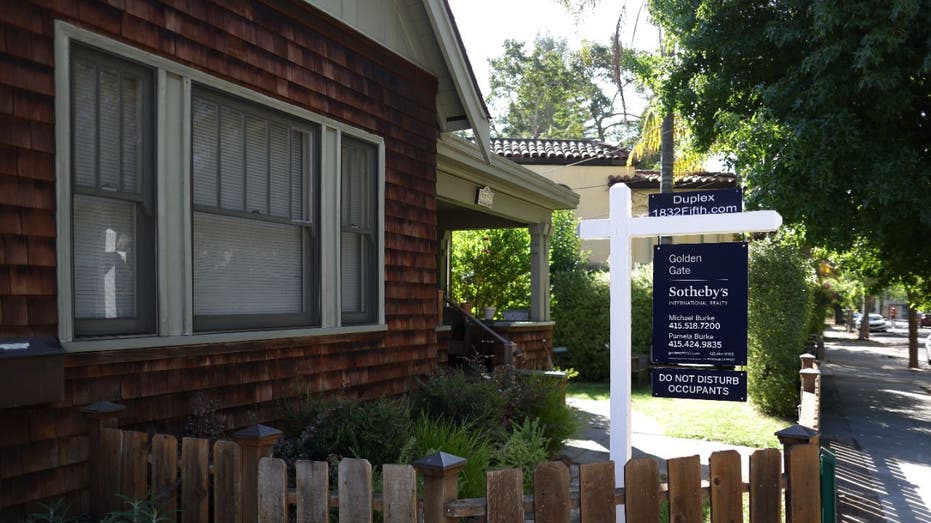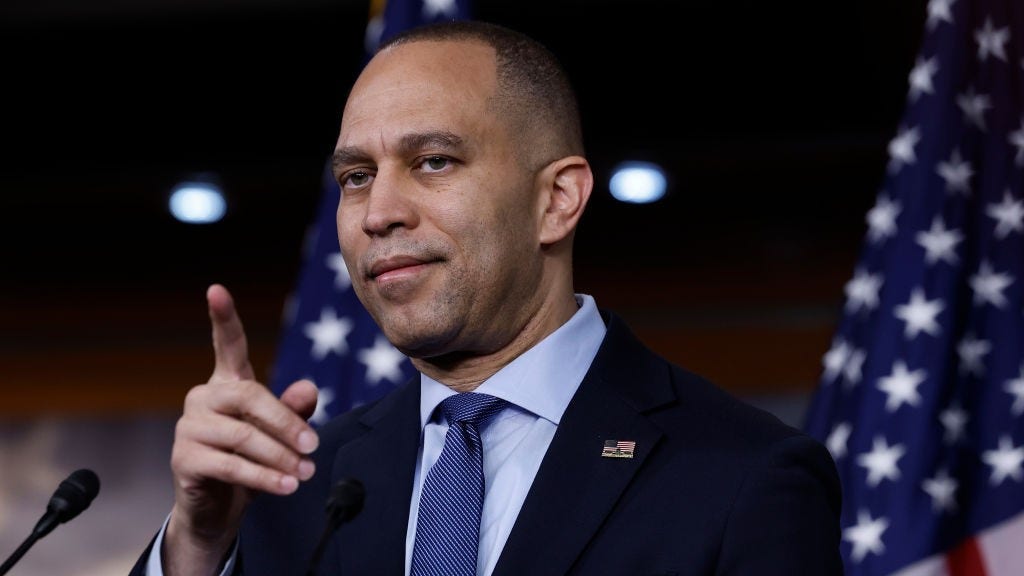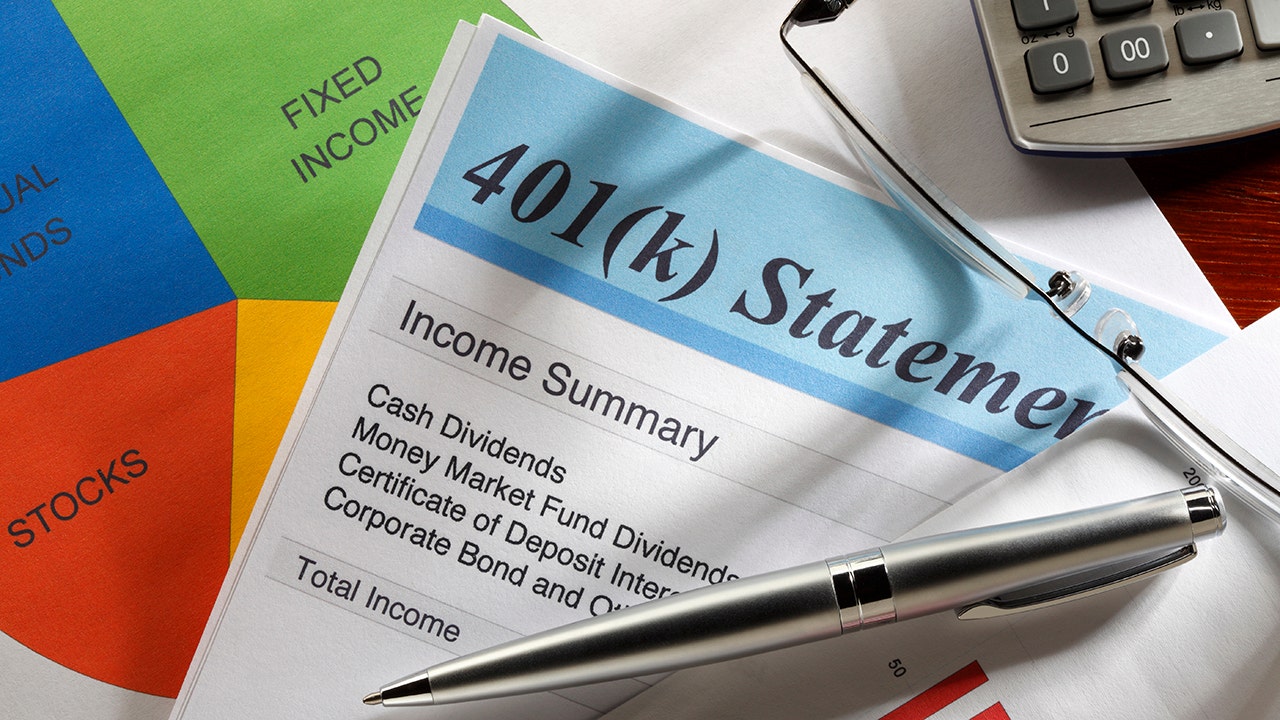The age of first-time homebuyers reached a new high, underscoring the significant financial hurdles faced by those attempting to enter the housing market.
The first-time homebuyers’ median age reached 38 years old, according to the National Association of Realtors’ (NAR) annual survey of buyers and sellers. That’s up from 35 years old last year and up significantly from the 1980s when the typical first-time homebuyer was in their late 20s.
This record comes despite first-time home buyer’s household income growing by $26,000 over the past two years, further illustrating the hardships of entering the housing market.
BENTONVILLE, AR IS GROWING RAPIDLY, WHICH HAS FUELED A HOT REAL ESTATE MARKET
Overall, the ages of first and repeat buyers reached an all-time high with the median buyer age reaching a peak of 56 years old, up from 49 last year, according to NAR. The typical repeat buyer also rose to 61 years old, up from 58 last year.
“For older first-time buyers, they likely had to save for longer periods of time, amid a higher-inflation economy, while paying down other debt such as student loans, car payments and credit card debt,” NAR Deputy Chief Economist Jessica Lautz told FOX Business. “They may have even been actively looking for a property to purchase but had many offers fall through because all-cash buyers won housing bids.”
The NAR’s survey, which covered completed transactions between July 2023 and June 2024, offers insight into the detailed buying and selling behavior. Aside from older homebuyers, the data also showed that the number of first-time homebuyers hit a record low.
The share of first-time homebuyers this year slipped to 24% between July 2023 and June 2024, down from 32% during the prior year. It was the lowest share of home buyers since the NAR started collecting this data in 1981.
For comparison, prior to 2008, when the housing market crashed, the historical norm for first-time buyers was 40%, according to NAR.
EXISTING HOME SALES FALL TO LOWEST LEVEL SINCE 2010
This “speaks to just how deeply the dearth of housing inventory and housing affordability has impacted young potential home buyers,” Lautz said.
Lautz noted that potential first-time buyers in particular “also likely had a difficult time even considering saving for a down payment with inflation, rental costs, student debt and other loan payments,” Lautz contended.

Realtor.com senior economist Joel Berner emphasized the challenges faced by first-time homebuyers, noting that they are “at an immediate disadvantage in higher mortgage rate environments” due to the fact that they have to finance more of their home purchase.
“Without a home they already own and can receive cash for when they sell it, [first-time homebuyers] have only the money they have on hand to put toward a down payment, meaning they need to take out a larger mortgage to purchase the same home as someone who could sell their property to move into it,” Berner said.
Repeat buyers have the advantage of entering the market with substantial down payments due to the recent growth in their home equity.

These larger down payments can help to offset their mortgage payments due to the higher mortgage interest rate they could have. According to NAR data, this year marked the highest down payment seen since 2003.
It also grew for first-time buyers who had to effectively compete with “more substantial offer among all-cash buyers.” The typical down payment reached 9%, which is the highest share since 1997, the data showed.
Read the full article here












